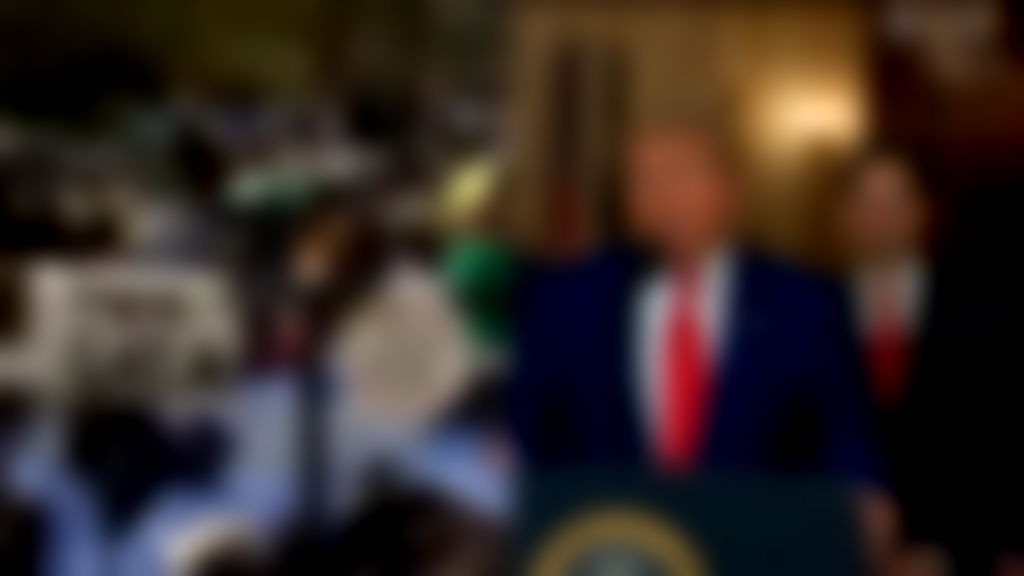Trump admin orders social media checks for foreign students seeking visas



By Carl Samson
The State Department is requiring all foreign nationals seeking student and exchange visas to make their social media accounts public for government review as it resumes processing applications.
“Entire online presence”
All applicants for F, M and J nonimmigrant visas for student exchanges and research programs will be subject to review. Consular officers must examine applicants’ “entire online presence” for any indications of “hostility toward the citizens, culture, government, institutions or founding principles” of the United States, according to a diplomatic cable first reported by The Free Press.
Officials are instructed to search online databases and “take screenshots to preserve the record against possible later alteration or loss of the information.” They must also flag “support for unlawful antisemitic harassment or violence,” with the endorsement of Hamas cited as an example. Applicants who refuse to make their accounts public may be denied visas.
Behind the requirements
The measures come amid the Trump administration’s broader efforts to limit international student access to U.S. universities. The FBI, according to the cable, has long warned that “foreign powers seek access to American higher education institutions to, among other things, steal technical information, exploit U.S. research and development and spread false information.”
In late March, Secretary of State Marco Rubio revoked at least 300 visas and was canceling more each day. The administration also moved to block foreign students from attending Harvard University, though a federal judge has indefinitely extended prohibiting the ban. Student visa processing was eventually halted in late May.
Broader implications
Free speech advocates have criticized the policy as ideological screening. “This policy makes a censor of every consular officer, and it will inevitably chill legitimate political speech both inside and outside the United States,” Jameel Jaffer, executive director of the Knight First Amendment Institute at Columbia University, told the Associated Press.
Under the guidelines, priority will be given to students applying to universities where international students comprise less than 15% of the student body. Foreign students reportedly make up more than 15% of the total student body at almost 200 U.S. universities, including all eight Ivy League schools and 26 public universities. International students pursued more than 1.3 million degrees in U.S. higher education in 2023 and often pay full tuition, providing substantial revenue for many institutions.
South Korean students, the third-largest group of international students in the U.S., had already been advised by Seoul-based agencies in May to carefully manage their online presence, with one counselor telling male students to avoid posting “anything extreme or disgusting on social media, like pictures of grenades or weapons.”
U.S. diplomatic posts worldwide have five business days to put the new vetting procedures into effect.
This story is part of The Rebel Yellow Newsletter — a bold weekly newsletter from the creators of NextShark, reclaiming our stories and celebrating Asian American voices.
Subscribe free to join the movement. If you love what we’re building, consider becoming a paid member — your support helps us grow our team, investigate impactful stories, and uplift our community.
Share this Article
Share this Article